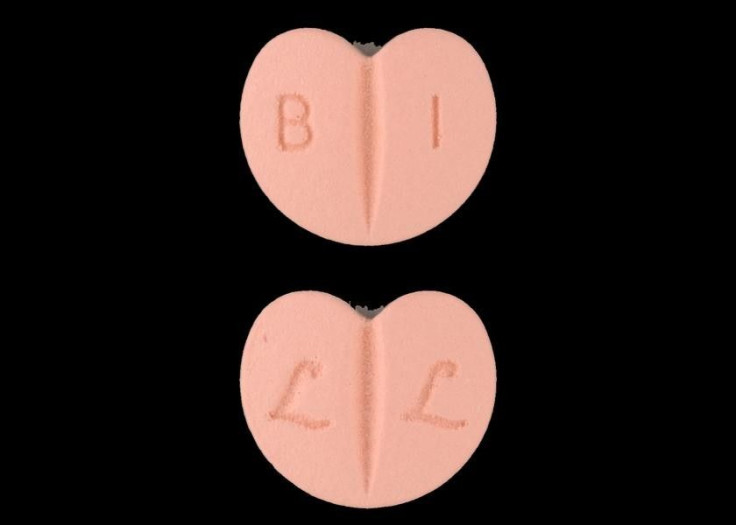Beta Blockers May Not Be Helpful for Everyone

At $10 a month for a generic version, beta blockers are cheap and popular. But a recent study published in the Journal of the American Medical Association suggests that the drug may be over-prescribed and that patients who take them are no less likely to die of their condition or to suffer from heart attacks or strokes.
Beta blockers, which can be found under six brand names such as Sectral, Tenormin, and Zebeta, slow the heart beat and lower blood pressure. Older studies had suggested that they could have a preventative effect against heart attacks and certain types of heart failure. Because such research indicated that staying on beta blockers for years could be helpful, many doctors prescribe the drug indefinitely.
But some doctors say that the common wisdom about beta blockers predates modern treatment. Even the reported preventative power for the heart has been questioned. Unfortunately, it is hard to test the drug's efficacy because it is no longer under patent. Because clinical trials can be long and expensive, no drug company is incentivized to study the drug's effects.
So Dr. Sripal Bangalore from NYU's Langone Medical Center used data of nearly 45,000 patients from a medical registry called the Reduction of Atherothrombosis for Continued Health, or REACH. Among the patients studied, 14,000 had previously suffered from a heart attack, 12,000 had heart disease but had never had a heart attack and over 18,000 had diabetes, high blood pressure, or other conditions that put them at risk for heart disease. All of these people had coronary artery disease or were at risk for the disease, which clogs the blood vessels with heart attacks and creates escalated risks for heart attacks.
After an average follow-up period of 44 months, people who took beta blockers did not fare significantly better than their counterparts. For people with coronary artery disease, 12.9 percent of people with beta blockers died from heart disease or stroke. For their counterparts, 13.6 percent of non-users died from the same disease.
In people with risk factors, the beta blocker report is even grimmer: 14.2 percent of the drug users had a poor outcome, while 12 percent of non-users did.
For people who had prior heart attacks, there was no difference between the outcomes for beta blocker users or non-users, unless heart attacks had occurred within the past year. Then patients who had taken beta blockers fared slightly better. Beta blockers often come with some side effects, like fatigue, depression and nightmares, that make patients dislike taking them.
For doctors, this information puts into question which patients would most benefit from beta blockers, how long patients should take beta blockers after a heart attack, or even whether patients need to take the drugs at all.
Because the study was not a randomized trial, doctors say that the study cannot definitively give any answers.
Published by Medicaldaily.com



























